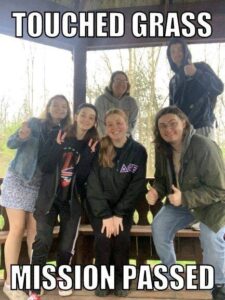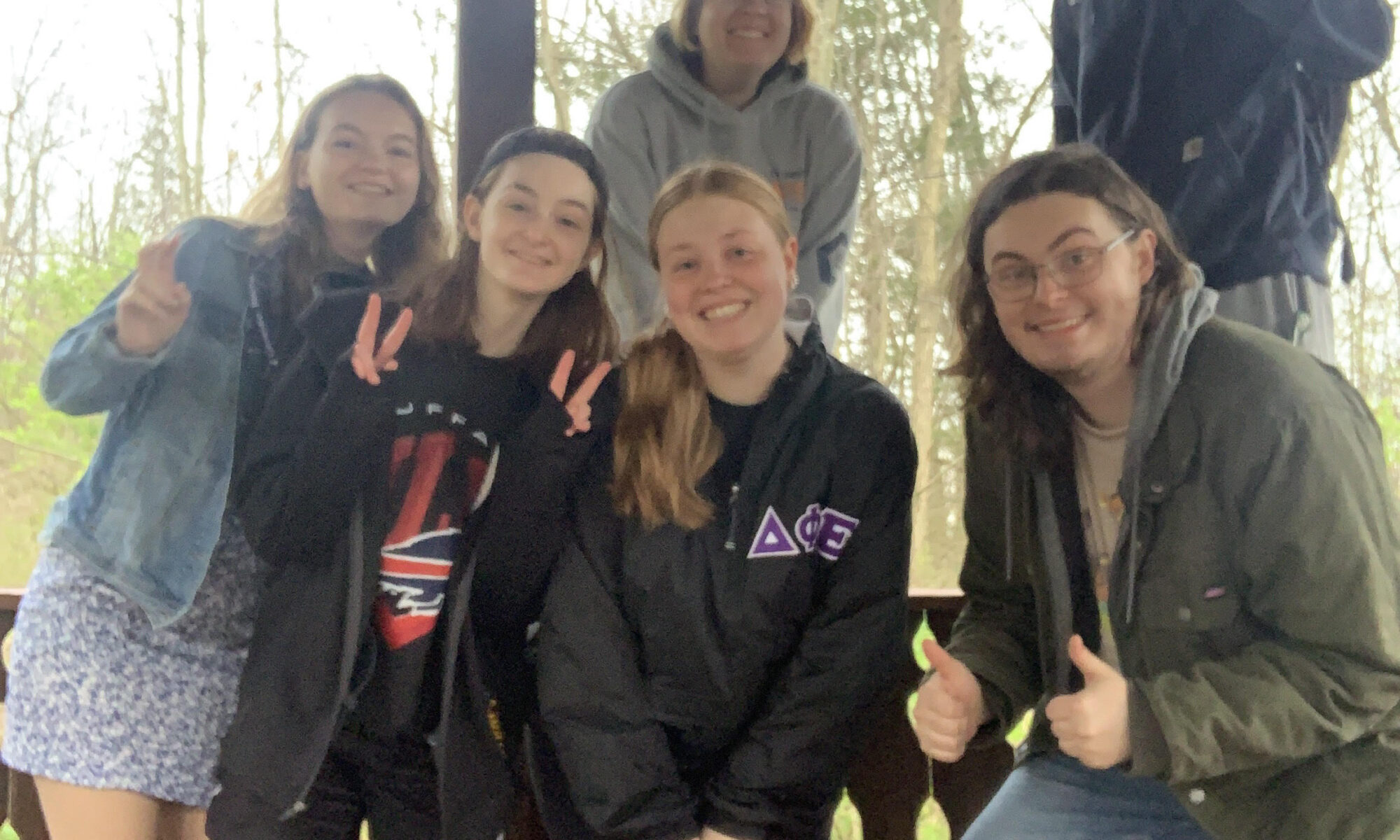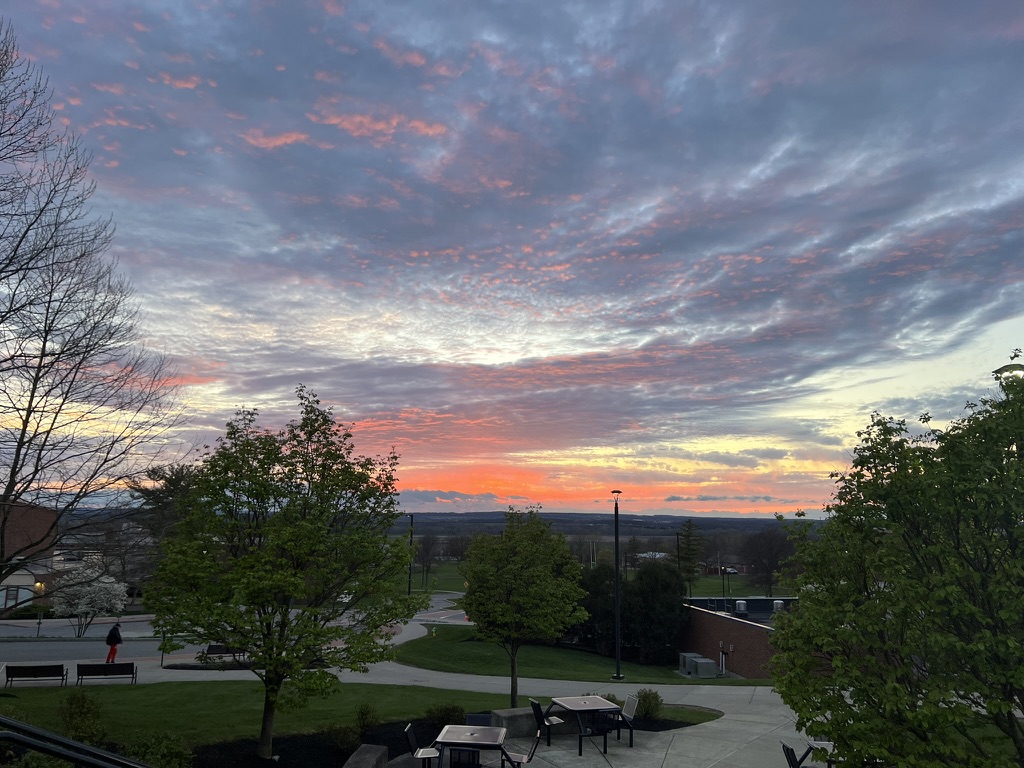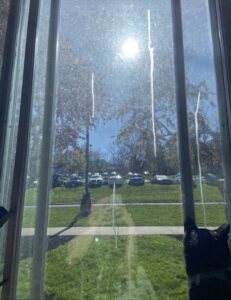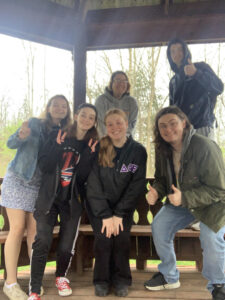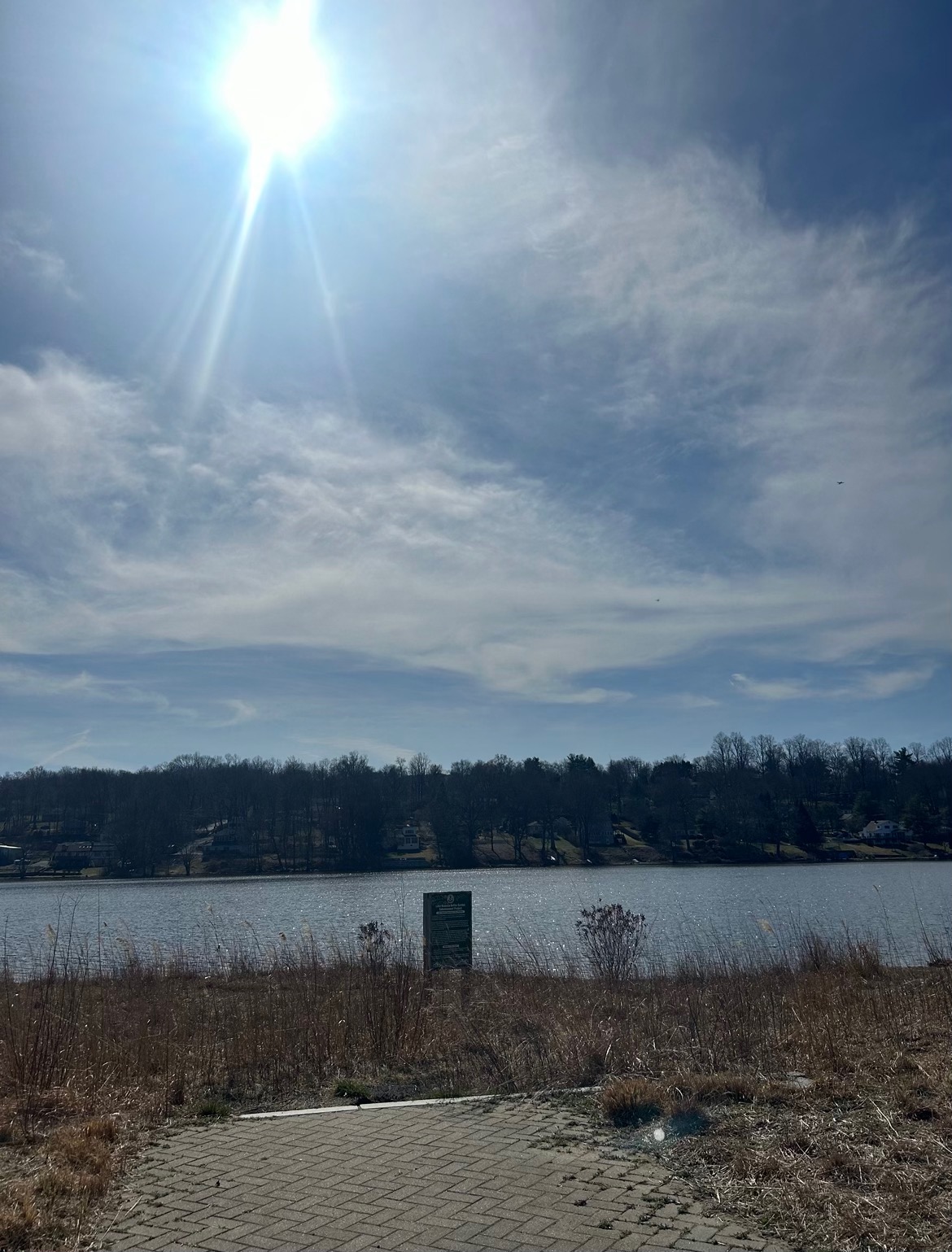
Sitting alongside nature isn’t a place that I find myself often. Nature is more of a backdrop. The background scene of an event I’ve been waiting for, or the pretty colors behind me in a photo. I can appreciate the beauty that surrounds me, but never take special care to spend intimate time within it.
I tried to think of a place where words would come freely to me in nature, and found myself stuck in the memories that existed within these locations, rather than the intricate beauties that exist among them. The trees in my backyard that remained the backdrop of each graduation photo. The gazebo on the south side of campus where I first met the strangers that would become my best friends. I wondered why the memories clouded the beauty of every scenery to me.
For this reason I took this trip alone. I thought about bringing my boyfriend, or one of my roomates and making a day out of it, but decided that I would instead spend the day with nature.
I searched for a spot that I’d never seen before. One that would be fresh and wiped clean of memory. A place I could truly take in and appreciate. This place ended up being Kenosia Park in Rochester. A massive stretch of grass, littered with picnic tables, and spotted with people on brightly colored blankets staring into the sky.
I found my own spot among the people. A small park bench secluded by two massive trees that faced straight towards the water. The sound of others was low here, and I found myself listening for the hustle and bustle I’m so accustomed to. Instead of the typical babies crying, and people laughing I was greeted by a low humming sound. This humming came from the very top of one of my neighboring trees, the subtle movements of tiny insects blitzing their way around the very top of the trunks.
These insects were grouped together, forming a small circle at the top of the tree, looking down upon me as I gazed up towards them. I couldn’t remember the last time I truly noticed these tiny creatures, small pieces of a massive world in which they can simply shoot from place to place, barely being noticed. Quiet observers of a world occupied by bigger and more extravagent creatures. I wondered how it would feel to be an unnoticed visitor amongst an everchanging scenery.
The insects zipped down towards the water, the sun gleaming into the wide expanse of blue that laid in front of me. I looked past the lake, noticing the houses that were speckled across the land across from me. Houses that grew up long after the lake did. Families that came and went. Kids that learned to swim. The lake was a piece of these people. A constant in a world of chaos.
I realized in this moment the rarity that exists within every piece of nature. The backdrop that we constantly surround ourselves in, but never take the time to fully immerse ourselves in.
Just as the trees in my backyard signify each of my graduating years, they signify someone elses broken arm, or the spot where they had their first kiss. Memory is intrisincally connected to nature for humans. The everchanging scenery of the next event or milestone, but also a whole unspoken world left to be painted as the backdrop.

